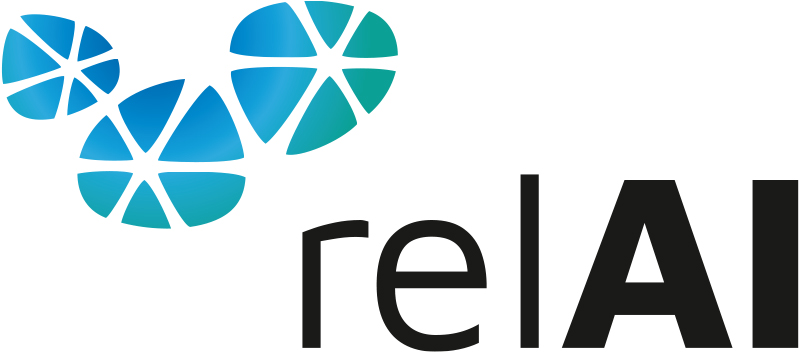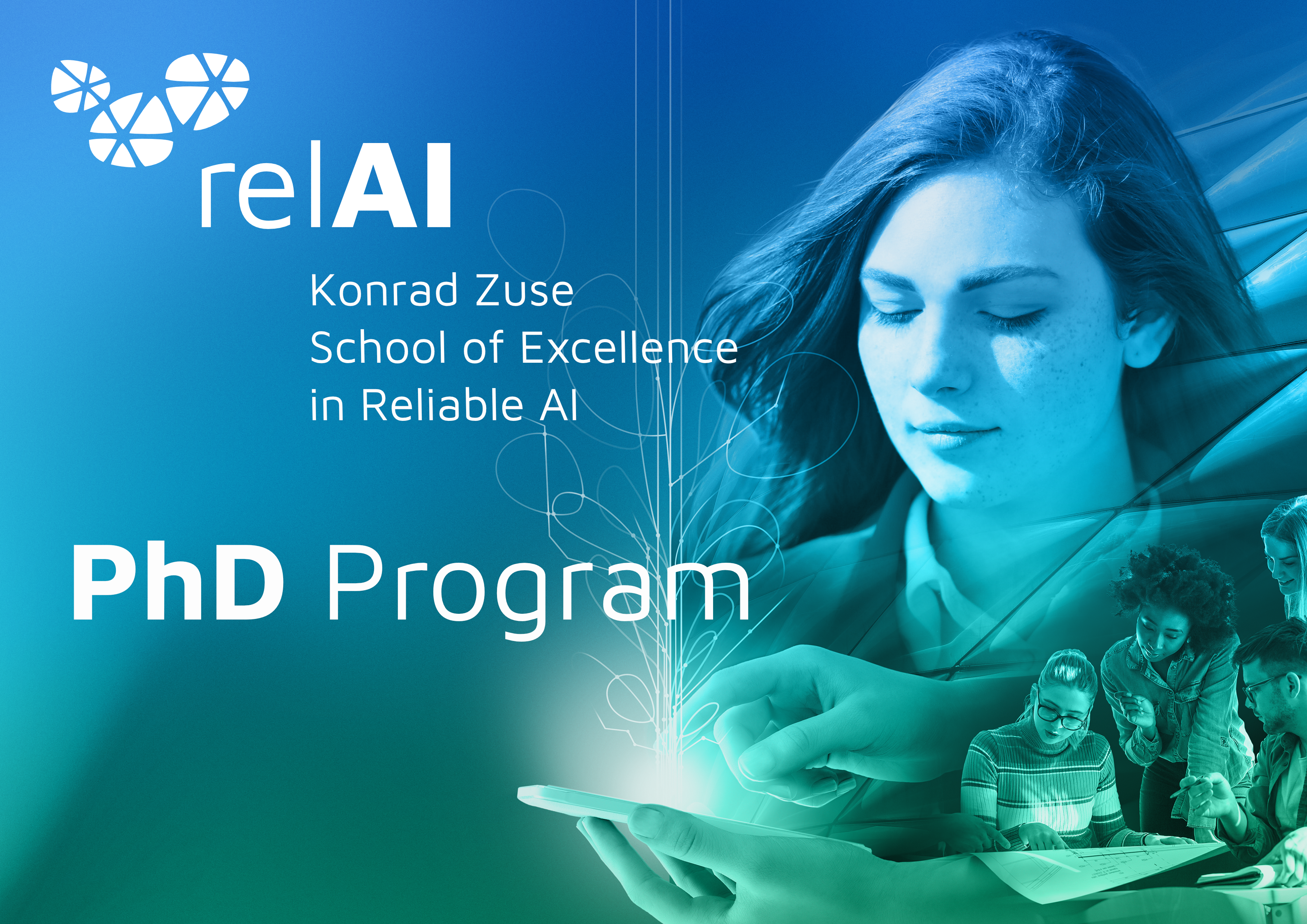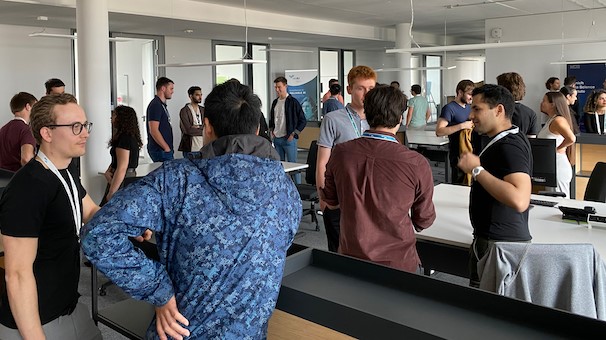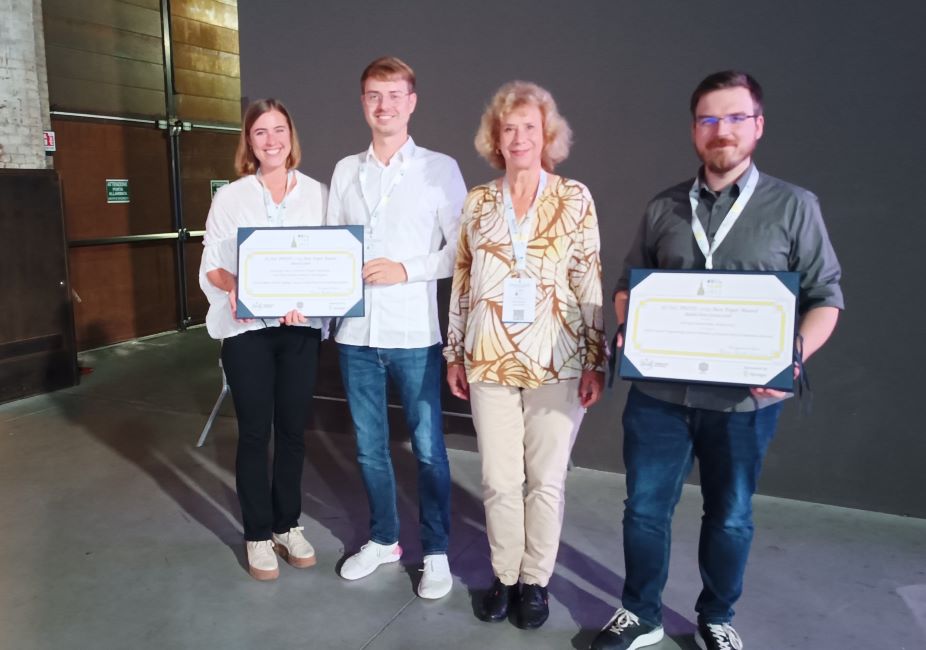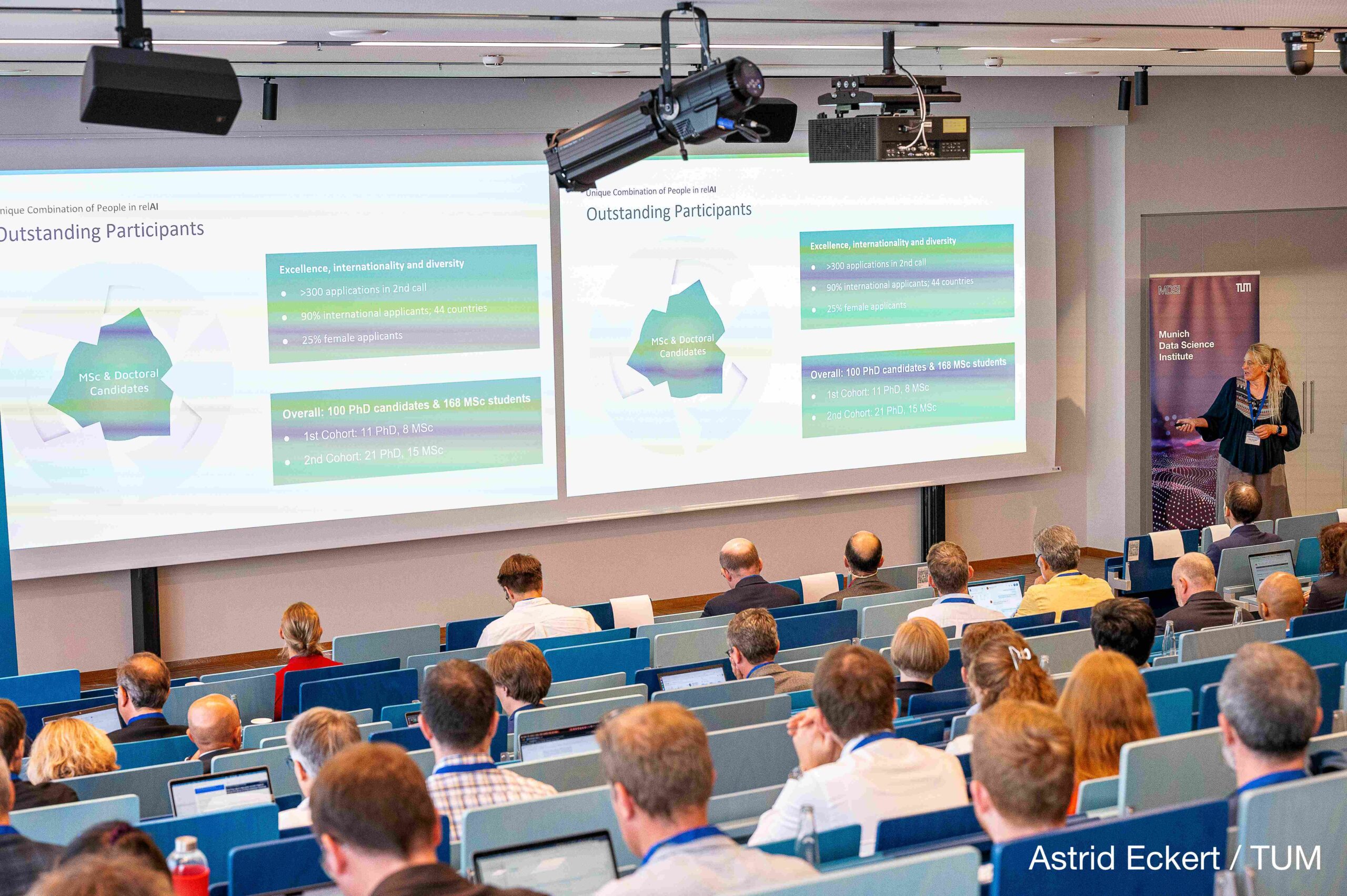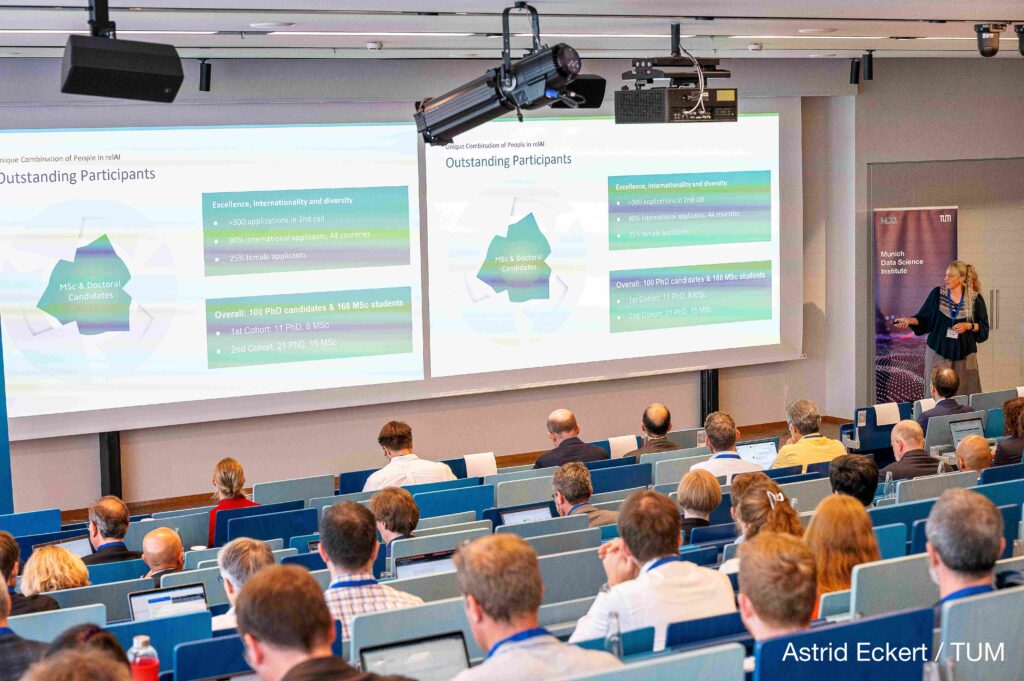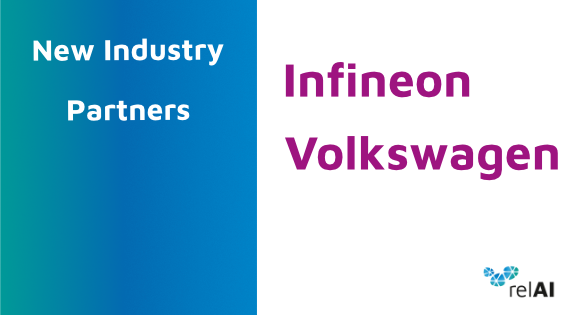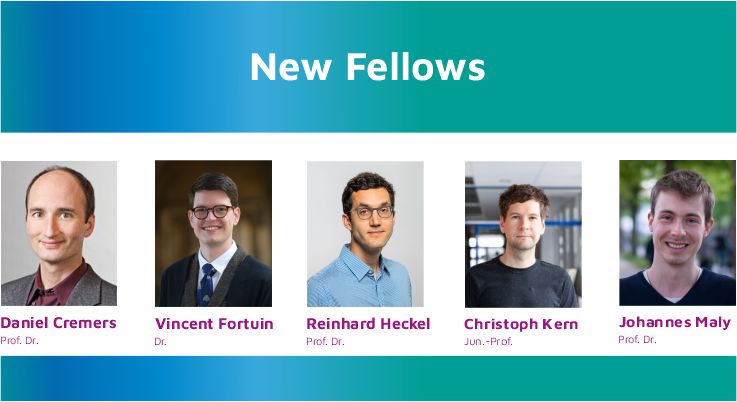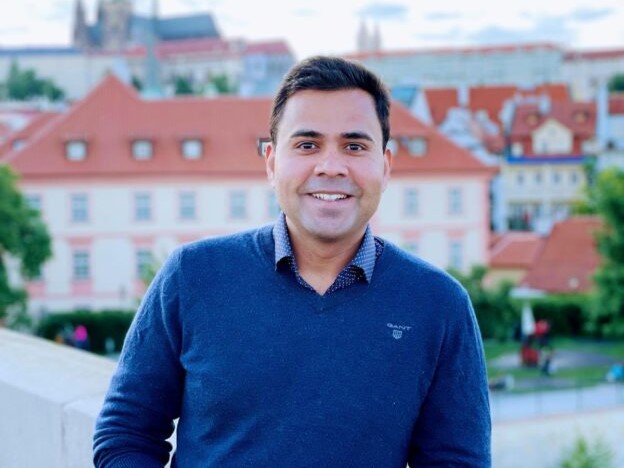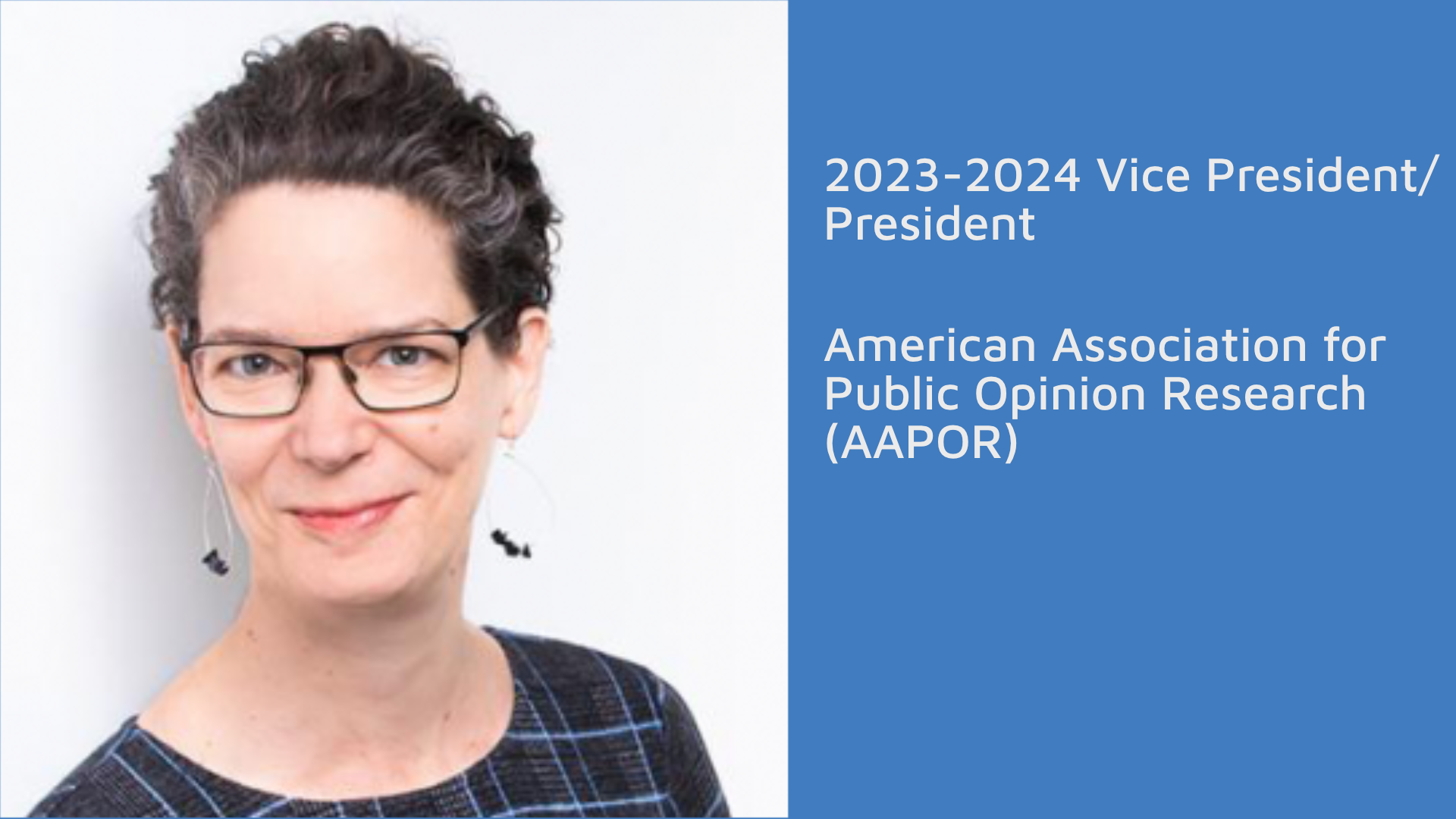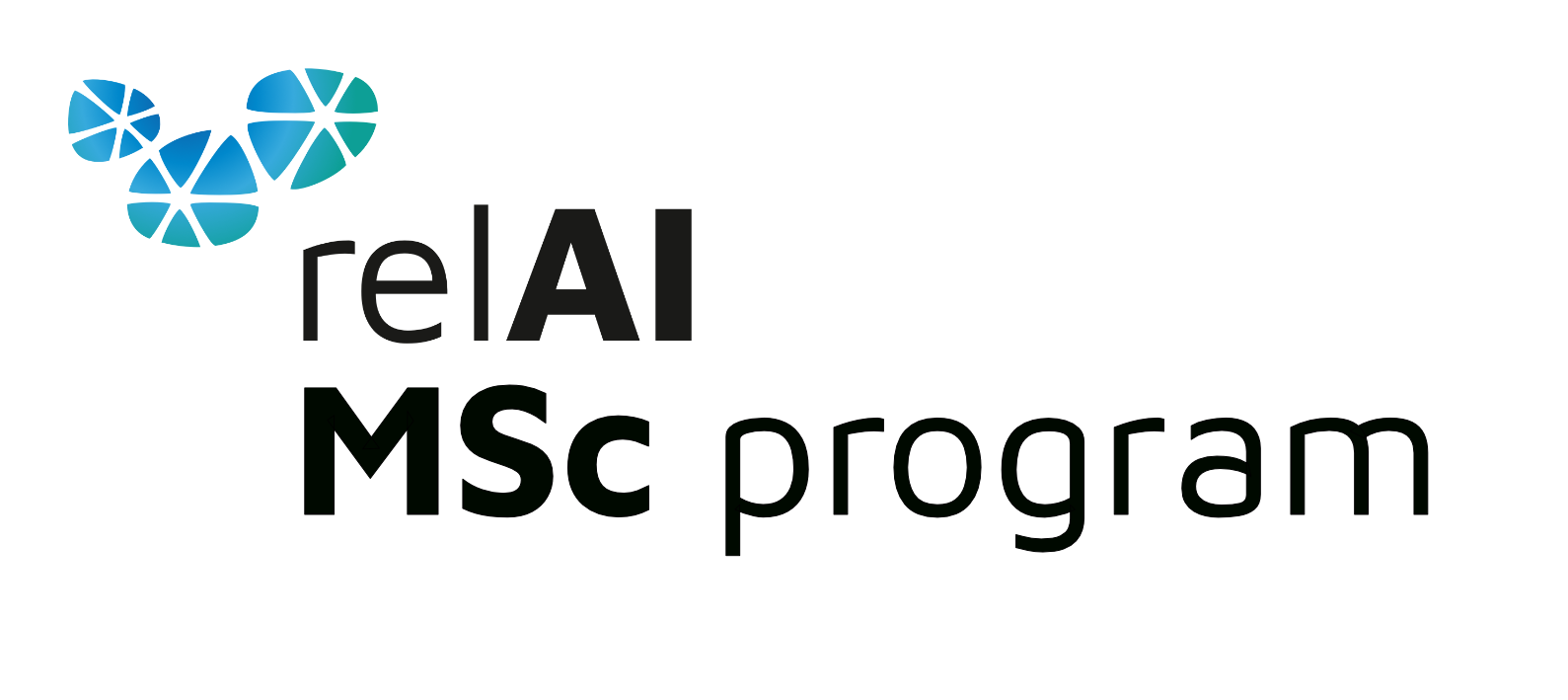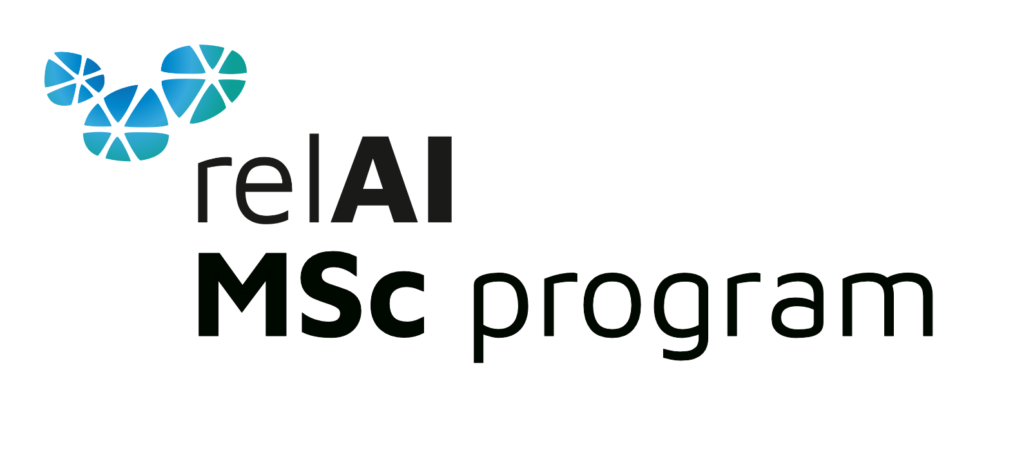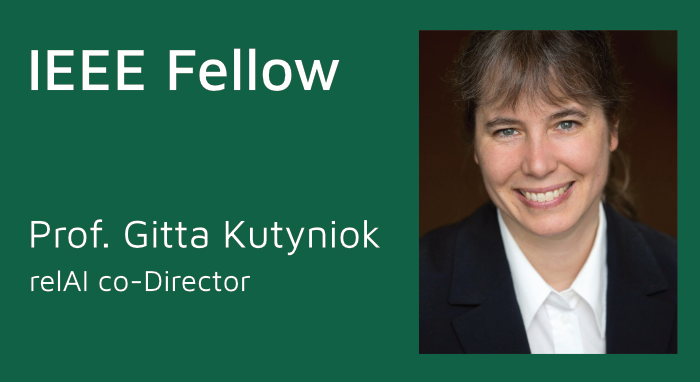
Congratulations to our relAI director Gitta Kutyniok!
The world’s largest technical professional organization dedicated to advancing technology for the benefit of humanity IEEE has selected Gitta Kutyniok for the elevation to IEEE Fellow, the highest grade of membership in IEEE. Less than 0.1% of voting members are selected for this member grade elevation each year.
The IEEE Fellow Committee recognized her achievements with the following statement: “for contributions to the mathematical theory of artificial intelligence in signal processing and communication”
